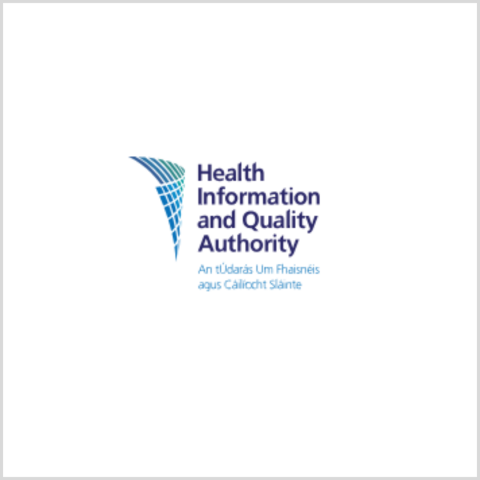
HIQA has launched a public consultation inviting feedback on the draft National Standard for a Demographic Dataset for Health and Social Care. This standard, which was originally published in 2013 and updated in 2016, is currently being revised in response to developments in the health information landscape.
The aim of the National Standard for a Demographic Dataset is to define the core set of data elements required to identify an individual uniquely, in order to provide safe quality care and support and applies to individuals of any age who are receiving care and treatment in a health and social care service that collects and records demographic details.
Examples of data elements making up a demographic dataset include forename, surname and date of birth. A standard demographic dataset enables the recording of more accurate and consistent data which improves the reliability of information to support decision-making.
Having undertaken a review of evidence and convened a working group to inform the revision of the draft standard, HIQA is now holding a six-week public consultation seeking feedback on the data elements proposed in the draft standard.
The public consultation welcomes feedback from people using health and social care services, their families and carers, as well as staff working in the health and social care sector, IT health systems, advocates, researchers and policy-makers. All feedback received will be carefully assessed and used to help inform the revision of the Draft National Standard for a Demographic Dataset for Health and Social Care.
Participants can share feedback through the online questionnaire available here or by downloading a feedback form and emailing completed forms to HIST@hiqa.ie. The deadline for submissions is 5pm on Friday 25 July 2025.
Commenting on the launch of the public consultation, Rachel Flynn, Director of Health Information and Standards at HIQA, said:
“As people move between health and social care services, it is vital to collect data about them in a standardised way. Good-quality health information that is accurate, relevant and timely is critical to providing safer better care.
“People using services should always be at the centre of their care, with the delivery of those services being informed by their views and experiences. We look forward to welcoming feedback from a wide variety of stakeholders engaging with this public consultation to help drive improvements in how we collect data to make informed decisions.”
